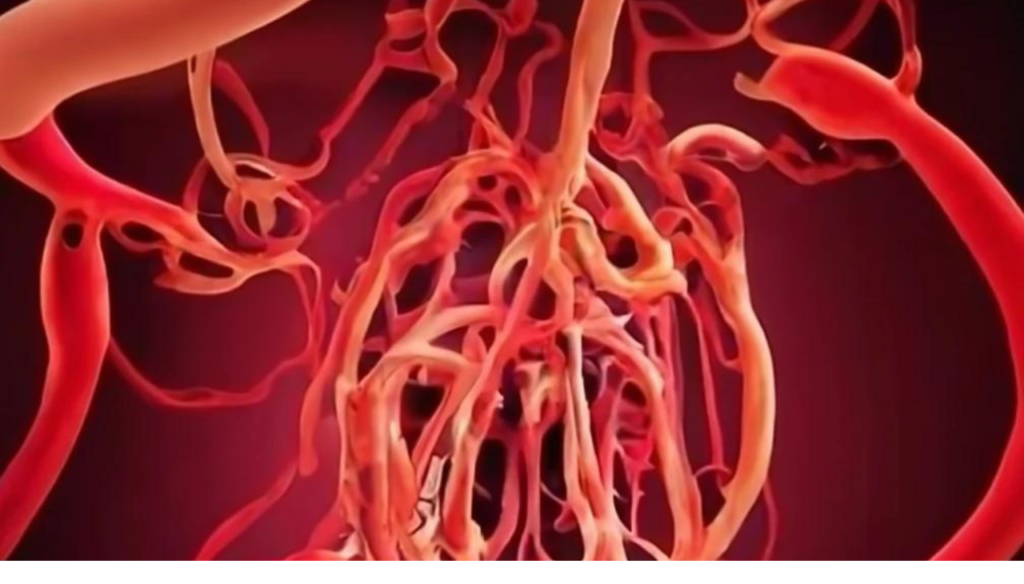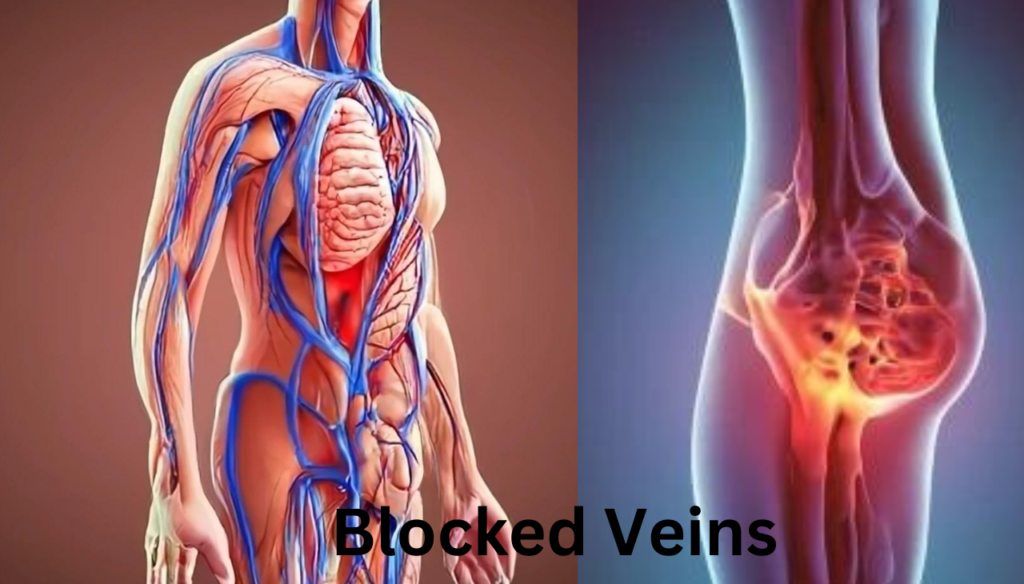- Introduction
- Understanding the Symptoms
- Chest Pain
- Feeling Tired
- Shortness of Breath
- Cold Hands and Feet
- Dizziness
- Importance of Seeking Medical Help
- FAQs (Frequently Asked Questions)
- What causes blockage in veins?
- Can blocked veins lead to serious health complications?
- How are blocked veins diagnosed?
- What treatments are available for blocked veins?
- Can lifestyle changes help prevent blocked veins?
Introduction:
In today’s fast-paced world, our lifestyles and dietary habits often take a toll on our health. One common health issue that arises due to these factors is the blockage of veins. Veins play a crucial role in delivering blood and nutrients throughout the body. When these veins become blocked, it can lead to various symptoms that should not be ignored. In this article, we’ll delve into the symptoms of blocked veins and why it’s important to seek medical attention if you experience them.

Understanding the Symptoms:
- Chest Pain:
One of the most common symptoms of blocked veins is chest pain or heaviness. This pain may come and go, but it’s essential not to dismiss it. If you experience chest pain, especially during physical activity or exertion, it could indicate a problem with your veins. Seeking medical help promptly is crucial in such cases. - Feeling Tired:
Despite getting adequate rest and nutrition, feeling constantly tired or weak could be a sign of blocked veins. If you find yourself fatigued even after minimal exertion, it’s advisable to consult a doctor. Persistent fatigue may indicate underlying circulation issues that need attention. - Shortness of Breath:
Blockage in the veins can lead to insufficient blood flow and oxygen delivery to the body’s tissues. Consequently, you may experience difficulty breathing or shortness of breath. If you notice any changes in your breathing pattern, especially if it’s accompanied by chest discomfort, seek medical advice promptly. - Cold Hands and Feet:
While it’s normal for hands and feet to feel cold in colder temperatures, persistent coldness in these extremities could indicate vein blockage. Additionally, some individuals may experience pain and swelling in their hands and feet due to poor circulation. If you’re experiencing these symptoms, it’s essential to consult a healthcare professional for evaluation. - Dizziness:
Frequent episodes of dizziness, particularly if accompanied by fainting spells, could be a warning sign of blocked veins. Dizziness occurs when the brain doesn’t receive an adequate blood supply, often due to circulation problems. If you experience recurrent dizziness, seek medical attention promptly to rule out any serious underlying conditions.
Importance of Seeking Medical Help:
Recognizing and addressing the symptoms of blocked veins is crucial for maintaining overall health and preventing potentially serious complications such as heart attacks and strokes. Prompt medical intervention can help diagnose the underlying cause of vein blockage and initiate appropriate treatment to improve circulation and prevent further complications.
FAQs (Frequently Asked Questions):
- What causes blockage in veins?
Blockage in veins can occur due to various factors, including unhealthy dietary habits, lack of physical activity, smoking, obesity, and genetic predisposition. Conditions such as atherosclerosis, blood clots, and inflammation can also contribute to vein blockage. - Can blocked veins lead to serious health complications?
Yes, blocked veins can increase the risk of serious health complications such as heart attacks, strokes, and peripheral artery disease (PAD). Proper diagnosis and treatment are essential to prevent these complications. - How are blocked veins diagnosed?
Blocked veins are typically diagnosed through a combination of medical history evaluation, physical examination, and diagnostic tests such as ultrasound, CT scans, MRI scans, and angiography. - What treatments are available for blocked veins?
Treatment for blocked veins depends on the underlying cause and severity of the condition. It may include lifestyle modifications (e.g., diet and exercise), medications (e.g., blood thinners, cholesterol-lowering drugs), minimally invasive procedures (e.g., angioplasty, stenting), or surgery. - Can lifestyle changes help prevent blocked veins?
Yes, adopting a healthy lifestyle can help prevent or reduce the risk of blocked veins. This includes maintaining a balanced diet, engaging in regular physical activity, avoiding smoking, managing stress, and maintaining a healthy weight.
In conclusion, recognizing the symptoms of blocked veins and seeking timely medical assistance is crucial for maintaining optimal health and preventing serious complications. By understanding these symptoms and taking proactive measures, individuals can safeguard their cardiovascular health and overall well-being.



